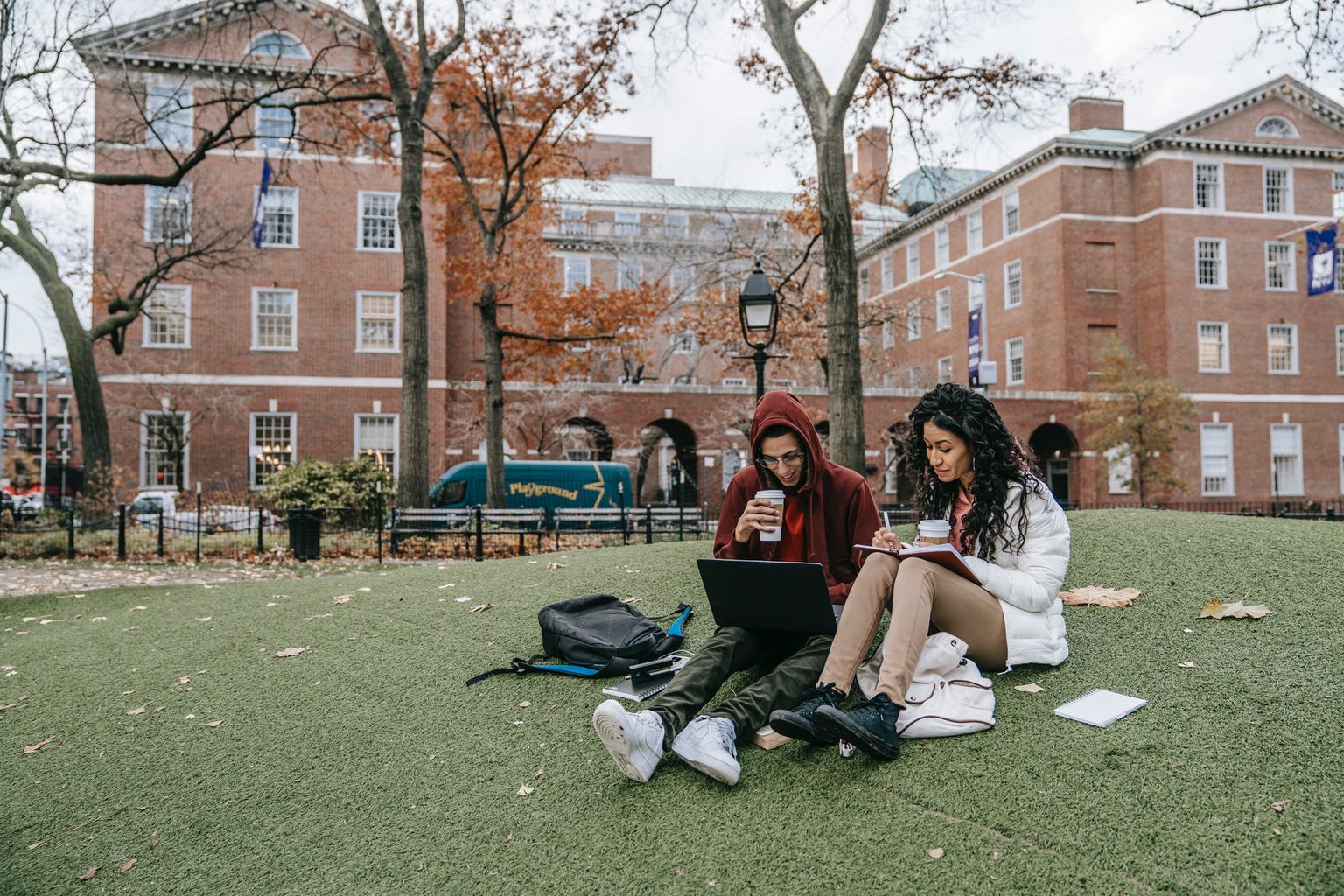It’s the start of the school year—the start of Fall—and the middle of Hispanic Heritage Month. Walking around campus, I see students of varying ethnicities and backgrounds. I overhear chatter and notice different languages and accents fill the air. I hear a group of students speaking Spanish, and this brings a smile to my face.
I remember a time when I was embarrassed to speak the language that my parents grew up speaking. Being born in the United States, I learned Spanish alongside English, but my parents spoke to my brother and me primarily in English so that we wouldn’t “develop an accent” and we could “blend into American culture more easily.” My Spanish grew more and more limited as the years went on. This eventually resulted in a challenging view of my cultural identity, both within myself and in how others viewed me.
My Latina friends in high school would tease me and call me “white-washed” because to them, I “acted too white,” yet many of my white peers believed I was too Mexican to be considered one of them. There is a popular Spanish saying among immigrants: “Ni de aqui, ni de alla,” which means, “Not from here, not from there.” Even though I was born and raised in the US, I sometimes feel like I don’t have a sense of cultural identity with either Americans or Latinos.
The Mexican-American community can sometimes feel alienating because a lot of the people in that community have different experiences than the ones I had. Their parents would speak Spanish in the house, while mine did not. They would have more familiarity with their family from Mexico, and I did not. To help myself feel more included in the Mexican-American community, I took Spanish classes in high school to relearn the Spanish I forgot after so long of not speaking it. Yet this didn’t seem to be enough. I went to Mexican family parties, I ate and cooked Mexican food, yet I still had the sense that I was “other” amongst other Mexican-Americans.
Coming to UCSB, a predominantly white institution (PWI), I was worried I would feel even more out of place. Luckily, I have met some amazing people of many backgrounds, including ones like my own. I can talk to some of my Mexican-American peers at UCSB about how being Mexican-American has many challenges, as well as many benefits, and they understand. The Mexican-American students I met at UCSB and I have commiserated on the shared experience of feeling like we don’t belong in the groups we ethnically belong in.
UCSB has some great resources for students of many backgrounds, including Mexican-American students. The Chicanx Studies department has amazing professors and TAs that I have had the fortune of getting to know during my first year at UCSB. The students in those classes all support each other and welcome different worldviews and opinions.
At the same time, it is nice to find camaraderie amongst people from different cultures and backgrounds than my own. Throughout my life, I have made friends of many different ethnicities. I am fortunate to have grown up in Southern California, where there is much diversity. Even though UCSB has a primarily white student demographic, there is still much diversity in the students, professors, and classes offered as well.
It is important to find communities in which you feel like you belong, even if those communities are not always similar to yourself. Learning from others’ experiences in life only enriches your own. The world is full of different people and beliefs, and UCSB is no different. The multicultural center at UCSB is a great resource for finding students like yourself, as well as hearing from other students and cultures. The multicultural center has open-mic nights that allow UCSB students to express different ideas and perspectives in a welcoming and inclusive environment.
For Hispanic Heritage month, some argue that the month’s name should change to Latino Heritage Month. For me, it is more important to celebrate the people in the Latinx and Hispanic communities rather than worrying about minor details such as a name. It’s important to bring light to the accomplishments of Latinx people and celebrate their traditions. I believe UCSB is doing great things for the Latinx community, but there is always room for improvement. As long as there is room for discourse, there is room for progress. By giving more students of diverse backgrounds a voice, UCSB can improve the culture of the campus and make it more welcoming for students of all backgrounds.



